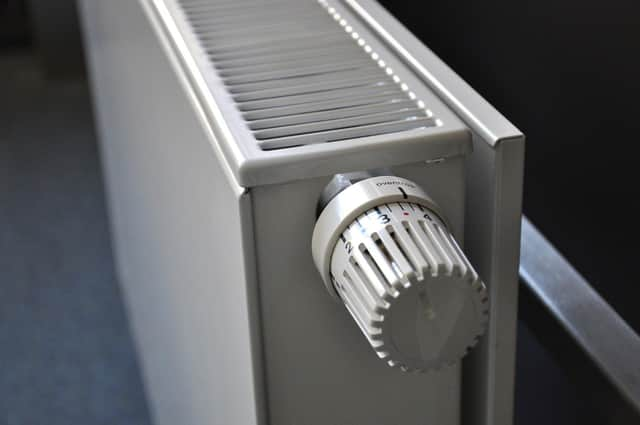Pioneering new scheme could bring discounted heating to Bulwell homes


When coal mines across Nottinghamshire were closed, many of them flooded with water. Because they are so deep underground, this water is significantly warmer.
The bold idea is to pump that water to the surface using low or zero-carbon renewable energy, then to use the heat from it to heat fresh water which is then pumped to people’s homes for hot water and central heating.
Advertisement
Hide AdAdvertisement
Hide AdThe scheme, which has been given initial pilot funding, would become one of the first of its kind in the country if trials are successful.
The first houses earmarked to benefit from the project are at least 60 Nottingham City Homes properties in the Crabtree Farm area, in Bulwell, near the former Babbington Colliery – which like most mines now has an extensive network of flooded tunnels.
The idea has been in the pipeline for several months, but now £110,000 has been pledged by outside bodies for the council to oversee the feasibility studies.
Wayne Bexton, head of the city’s energy projects division, said: “I think it could be a game changer, nationally, when you think about the amount of mine workings that the coal authority has responsibility for.
Advertisement
Hide AdAdvertisement
Hide Ad“The vast majority of those, the pumps that used to keep them relatively dry have long been out of operation, so you’ve got a lot of those filled with water.
“So we’re excited about it. Our initial work is about the potential in the first location with a small amount of kit on the surface.
““If it’s proven and we can show the capital costs of doing the installation can be got quite low, which the feasibility study will show us, then you can imagine the number of areas around the country where you could start to use this.
“Residents will see very little change to the property, but they’ll suddenly see a reduction in their heating bill.
Advertisement
Hide AdAdvertisement
Hide AdWork on the feasibility study is due to begin this summer, before findings are published early next year.
Mr Bexton added: “It’s a reinvention of old technology with something that’s new and renewable and positive for the future, so I think it’s good news all round.”